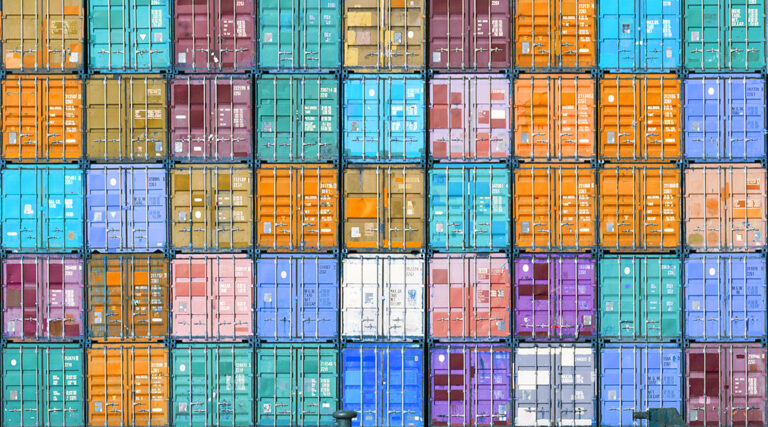
Docker’s top brass insisted this week they were absolutely committed to standing by Swarm despite Kubernetes grabbing the cool kids’ attention when it comes to orchestrating containers.
CEO Steve Singh told journalists at Dockercon Europe that the firm had 650 paying enterprise users, and “half of them use Swarm to run their environments in production.”
Swarm was a “very well adopted” set of orchestration tools, said Singh, in large part because it was “ridiculously easy and simple to use.”
“Our embrace of Kunernetes is important,” he continued, and Docker was trying to make the Google evolved, now open-sourced orchestration platform simple to consume and use too.
“We’re going to go build the world’s leading container platform company, whether what you want to do on the orchestration side is Swarm or Kubernetes,….we’re going to to support Swarm,” said Singh. “I’ve got customers that depend upon Swarm
“We’re in the fortunate position to be able to do both.”
Chief product officer Scott Johnston added that the firm was seeing “increased interest in running workloads outside the core data centre” and on the edge and “Swarm is really good for that… You’ll see additional investment in that direction.”
Singh interjected, “We’re not just telling you [journalists] that, we’re telling the customers.”
Johnston also highlighted Swarm’s support for production grade workloads for Windows containers, which he said was not yet available in Kubernetes.
Talking of Windows, Singh said the prospect of sunsetting support for Windows Server 2008 had led to “an amazing influx” of customers.
Docker last month launched a service to migrate aging Windows Server 2003 and 2008-based applications, which Johnston said at the time could result in a 50 per cent reduction in TCO.
Singh said the company was pulling in between 100 to 150 customers per quarter and that its average deal size was twice as big as a year ago. The increase in the average deal size was because were doing far more with Docker, and containerizing more applications, he said. (As a private company, Docker is not obliged to share financial information.)
